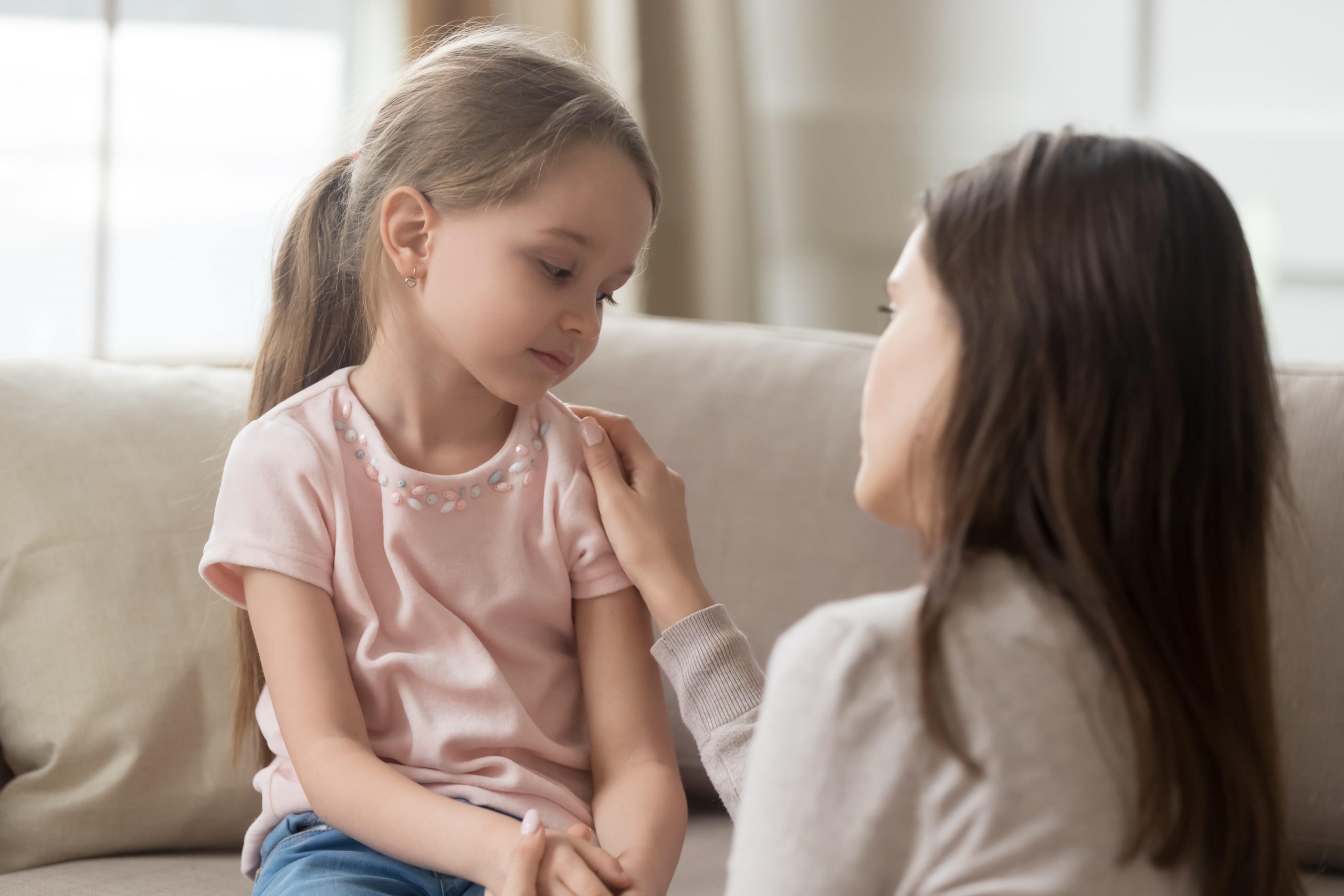The rise of parental alienation: 'My ex made me look like the villain’
What happens when a divorce leads to a split from not just a partner – but your children, too?

Getting divorced is a difficult and emotional time, even more so when children are involved.
Resentment and anger can build up, particularly when the split isn’t amicable, and it’s easy to see how one parent can end up bad-mouthing another in front of the only innocent party – the kids. But how much damage is this kind of parental alienation doing?
Recently, a father at a family court in Bristol received a heartfelt apology from a judge after giving up his eight- year fight for his children, during which he claimed his ex had waged a vicious campaign, demonising him to the point they refused to see him.
Judge Stephen Wildblood QC said the family, who cannot be identified, was an example of how badly wrong things can go and how complex cases are when one parent alienates children from another.
Judge Wildblood said the man plainly loved his children, but their relationship had broken down to the point that they wouldn’t acknowledge cards or presents, and had false memories about his behaviour. The judge also believed that blame lay with the mother, and was concerned that the children would suffer significant long-term emotional harm.
Relationship breakdowns involve losing so much, but it’s horrifying to think you might also lose your children.
Here, one mother talks about her own experience of parental alienation, and how she longs for the day when she will be reunited with her two sons.
Parenting advice, hot topics, best buys and family finance tips delivered straight to your inbox.
Psychological manipulation
Childhood trauma expert Jane Evans says: The Children and Family Court Advisory and Support Service says there’s no single definition for parental alienation, and recognise it as ‘when a child’s resistance or hostility towards one parent is not justified and is the result of psychological manipulation by the other parent’.
In my experience, it can lead to years of meetings with solicitors, infuriating letters, disturbing court appearances, and an ongoing stream of professionals in the children’s lives. This creates prolonged stress and tension for the children, which robs them of their childhoods . Parental alienation is seen as something mothers sometimes do to punish their ex partners. But it can also happen the other way around. Unpicking the truth is difficult and children are always the biggest losers.

‘My ex made me look like the villain’
Sandra, 54, says: When I married in the late 80s, I couldn’t wait to have children. My husband, William and I were so excited when Tim was born, and then Harry came along, too. They were real mummy’s boys. But while I loved being a mum, as time passed, I became less happy as a wife.
William worked long hours – and while we had the odd family day out to the seaside, playing in the arcades and eating fish and chips on the pier, they were rare. And I was the one making the boys do chores and finish homework.
‘Has she been nagging again?’ William would ask when he got home, making me look like the villain. I asked him not to undermine me in front of the boys, but he didn’t listen. Over time, the boys’ behaviour towards me started to change, knowing they could easily disobey me because their dad would back them up.
‘Pass the remote, Sandra,’ Tim asked one day. I was stunned. ‘I’m “Mum” to you,’ I replied firmly. It was as though Tim was severing the mother and son bond – I didn’t understand why.
William and I were arguing lots and it was affecting both boys. We couldn’t agree on anything, and eventually I asked William for a divorce. We were making each other miserable, yet William refused to move out, picking more fights instead. And while, once, they might’ve been in hushed tones, he was now making sure the boys heard every word.
‘Let’s not do this in front of the children,’ I begged, but it was too late. The kids were never going to forget their dad, tears streaming as he begged their mother for another chance.
‘You’ve broken Dad’s heart,’ Tim, by then a teenager, shouted. Eventually, William left, but while he’d visit the boys, sometimes he’d cancel at the last minute.
‘It’s because he can’t bear to see you,’ Tim snapped, and when he turned 18, he moved in with his dad and refused to see me. I was devastated – my own son had abandoned me.
‘Whatever I’ve done, I’m sorry,’ I begged one night on the phone, but he hung up. Harry missed Tim, and took every opportunity to spend time with his dad and brother.
A few years later, I remarried, and Harry seemed to like my new husband, but one day he came home from school and called me Sandra, just like Tim had. History repeated itself as Harry isolated himself from me. As I watched him pack for his dad’s house one afternoon, I just knew he wasn’t coming back. I was right.
That was over five years ago and I’m still trying to get in touch with both boys. I’ve missed so much. I get the occasional text or call but the boys still insist they don’t want to see me – and when I try to reminisce about the childhood trips, they say they ‘don’t remember’.
I don’t blame them for leaving, their father poisoned them against me. I just want them back, and will always be there for them if they decide to come home.
Ease the anxiety
There are around 1.8 million single parents in the UK. Only half of children from divorced families have contact with both parents at least once a week.
To support children during a separation, you should:
- Remind them that they are still loved by both parents.
- Be honest when talking about it, but bear in mind the child’s age and level of understanding.
- Avoid any blame. Don’t share any negative feelings the adults have about each other.
- Keep up routines such as going to school and meal times.
- Let them know they can talk about their feelings with you – explain it’s perfectly fine to be sad, confused or angry.
- Listen more than you speak, as answering questions will help them open up about their feelings.
*Names have been changed